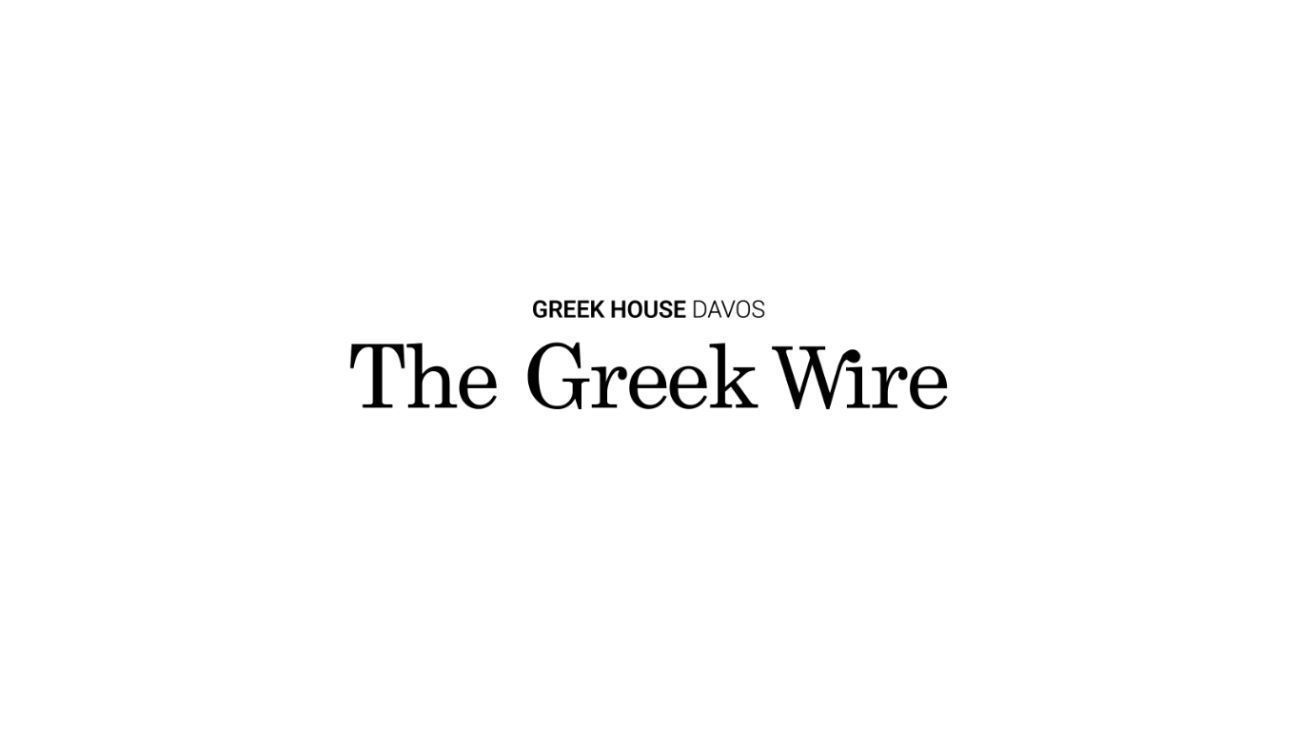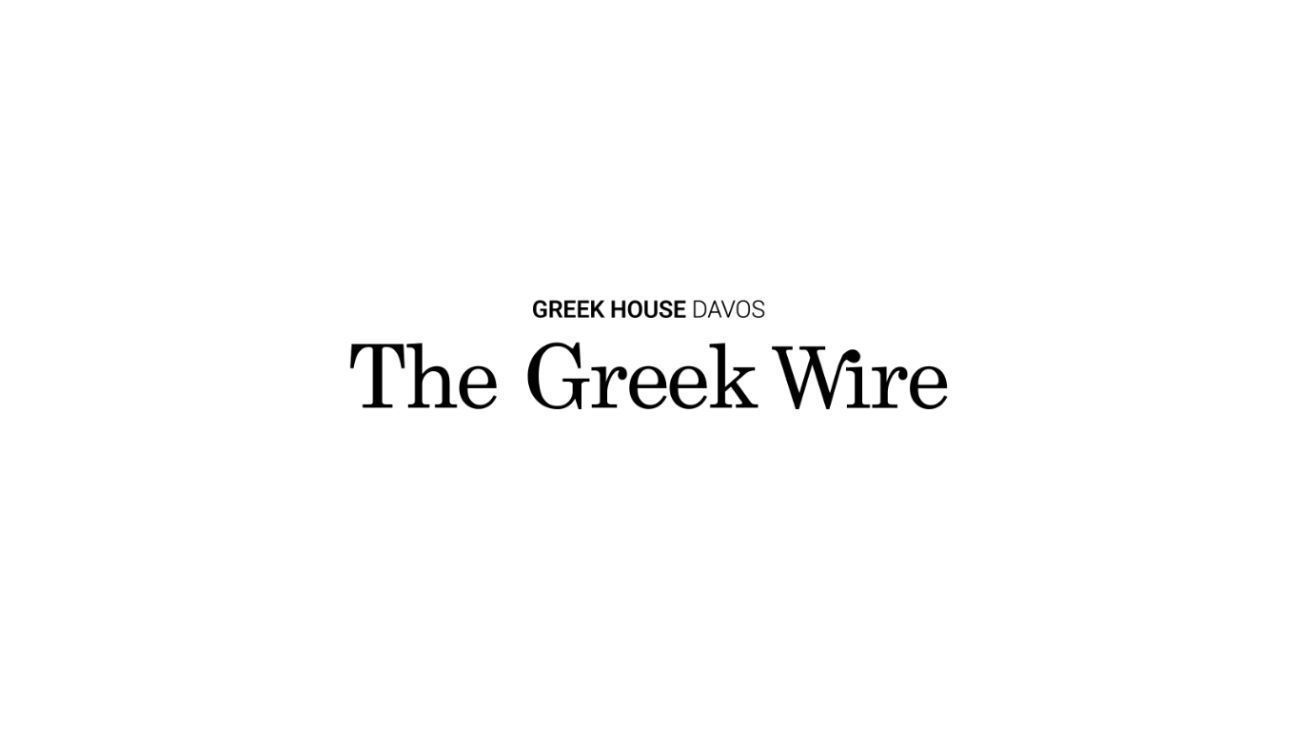13 Feb 2021
Klaus Schwab Says More…

Project Syndicate: In 2018, you highlighted the importance of “good-faith dialogue,” or “the ability to see the world through the eyes of other people, especially those with whom we disagree.” Three years later, US President Donald Trump’s supporters were storming the US Capitol to disrupt the certification of an election that they believed – with no evidence – was rigged. What can good-faith dialogue accomplish in such circumstances? Are “citizens’ assemblies,” which you advocated in 2019, up to the task, or should additional actions or mechanisms be considered?
Klaus Schwab: Good-faith dialogue can happen only within certain normative boundaries. In a democracy, those boundaries include respect for the constitution, elected leaders, law enforcement, and the physical integrity and safety of all individuals.
But I do think citizens’ assemblies can play a role in overcoming some of the deep divisions one sees in many countries. Just as a the inclusion of a “jury of one’s peers” can help to mitigate the risk of politicized justice, citizens’ assemblies can imbue public debates over divisive issues with a sense of fairness, thereby acting as a foil to the skepticism and cynicism that is so prevalent today. After all, a citizens’ assembly should, by definition, include representatives from all segments of society. Moreover, they should include a “learning” phase, during which participants gain a deeper understanding of the issue at hand before the discussion begins.
continue reading: project-syndicate.org








